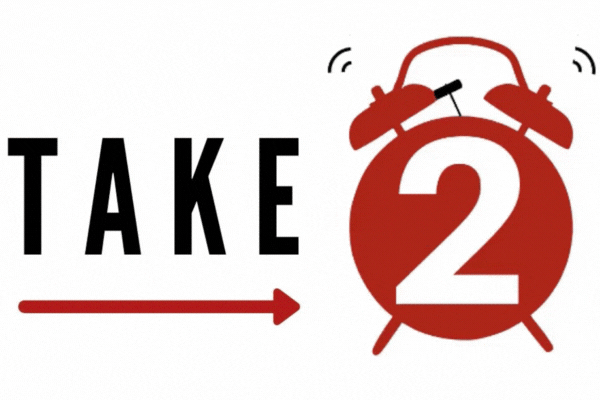In the continuing aftermath of the Sandy Hook massacre, in which twenty children aged 6-7 and six adult staff members were murdered by a gunman in Newtown, Connecticut, the Obama administration has announced plans to curb gun violence.
The proposal is the culmination of work done by a committee led by vice president Joe Biden. The committee consulted representatives from the video game and film industries, law enforcement officials, members of gun lobbying organizations and president Barack Obama’s own cabinet to create a list of measures that would work to reduce gun violence.
The proposal contains an overall list of 10 strategies that the administration will pursue, consisting of the following:
- Require criminal background checks for all gun sales.
- Take four executive actions to ensure information on dangerous individuals is available to the background check system.
- Reinstate and strengthen the assault weapons ban, which was initially passed in 1994 but expired and was not renewed ten years later.
- Restore the 10-round limit on ammunition magazines.
- Protect police by finishing the job of getting rid of armor-piercing bullets.
- Give law enforcement additional tools to prevent and prosecute gun crime.
- End the freeze on gun violence research.
- Make schools safer with more school resource officers and school counselors, safer climates, and better emergency response plans.
- Help ensure that young people get the mental health treatment they need.
- Ensure health insurance plans cover mental health benefits.
Additionally, the Obama administration’s plan includes 23 executive orders, which are within the President’s power to implement without congressional approval:
- Issue a Presidential Memorandum to require federal agencies to make relevant data available to the federal background check system.
- Address unnecessary legal barriers, particularly relating to the Health Insurance Portability and Accountability Act, that may prevent states from making information available to the background check system.
- Improve incentives for states to share information with the background check system.
- Direct the Attorney General to review categories of individuals prohibited from having a gun to make sure dangerous people are not slipping through the cracks.
- Propose rulemaking to give law enforcement the ability to run a full background check on an individual before returning a seized gun.
- Launch a national safe and responsible gun ownership campaign.
- Review safety standards for gun locks and gun safes via the Consumer Product Safety Commission.
- Issue a Presidential Memorandum to require federal law enforcement to trace guns recovered in criminal investigations.
- Release a Department of Justice report analyzing information on lost and stolen guns and make it widely available to law enforcement.
- Nominate a director for the Bureau of Alcohol, Tobacco, Firearms and Explosives (known as the ATF) which has been without a director since 2006.
- Publish a letter from ATF to federally licensed gun dealers providing guidance on how to run background checks for private sellers.
- Provide law enforcement, first responders, and school officials with proper training for active shooter situations.
- Maximize enforcement efforts to prevent gun violence and prosecute gun crime.
- Issue a Presidential Memorandum directing the Centers for Disease Control to research the causes and prevention of gun violence.
- Direct the Attorney General to issue a report on the availability and most effective use of new gun safety technologies and challenge the private sector to develop innovative technologies.
- Clarify that the Affordable Care Act (known popularly as “Obamacare”) does not prohibit doctors asking their patients about guns in their homes.
- Release a letter to health care providers clarifying that no federal law prohibits them from reporting threats of violence to law enforcement authorities.
- Provide incentives for schools to hire school resource officers.
- Develop model emergency response plans for schools, houses of worship and institutions of higher education.
- Release a letter to state health officials clarifying the scope of mental health services that Medicaid (a federal program providing healthcare to the poor) plans must cover.
- Finalize regulations clarifying essential health benefits and parity requirements within ACA exchanges.
- Commit to finalizing mental health equivalence regulations.
- Launch a national dialogue led by Secretary of Health and Human Services Kathleen Sebelius and Secretary of Education Arne Duncan on mental health.













